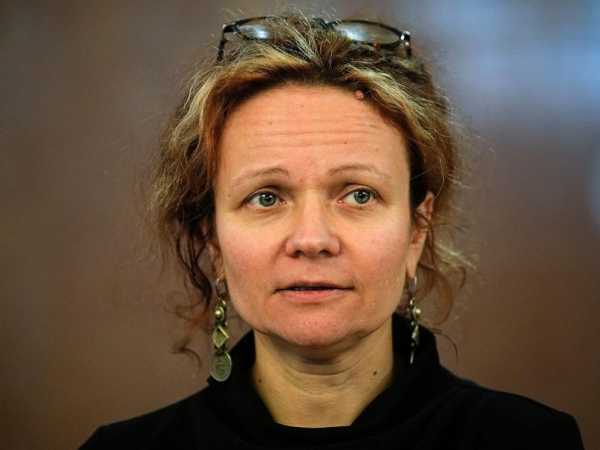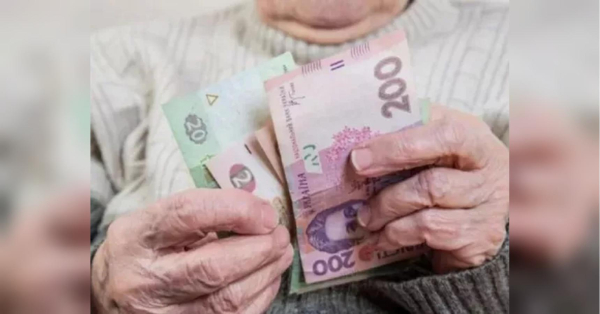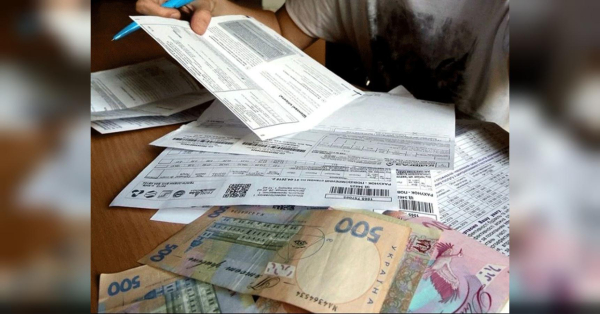
Jailed Kremlin opponent Vladimir Kara-Murza Jr. likened judicial proceedings against him on Monday to the sham Stalin-era and later proceedings that condemned his countrymen to prison or death sentences.
Kara-Murza also said he's proud of his public statements and behavior for which he's facing charges of treason and spreading false information about the Russian military in Ukraine.
A journalist and a prominent government opponent who twice survived poisonings he blamed on the Kremlin, Kara-Murza has been behind bars since his arrest a year ago. He made his comments near the end of his closed-door trial in a statement posted on Russian social media sites.
Speaking to a Moscow court, he said the level of opaqueness about the charges against him surpassed the trials of Soviet dissidents in the 1960s and 1970s, and the language used against him was reminiscent of the 1930s, when Soviet citizens were arrested on fabricated charges and put on show trials.
Lawyer Maria Esimont, who is representing Kara-Murza, reported that a verdict is expected April 17, with the prosecutor requesting a 25-year sentence to be served in a “strict regime” prison colony where conditions are harsh and prisoners are held in locked cells rather than in barracks.
The charges against Kara-Murza stem from his March 15 speech to the Arizona House of Representatives in which he denounced Russia’s military action in Ukraine. Investigators added the treason charges while he was in custody.
In his statement, Kara-Murza said he was jailed for his political views, “for speaking out against the war in Ukraine, for many years of struggle against (Russian President Vladimir) Putin’s dictatorship.”
“Not only do I not repent of any of this, I am proud of it,” he said, adding that he looks forward to a day “when those who kindled and unleashed this war, and not those who tried to stop it, are recognized as criminals.”
Russia adopted a law criminalizing spreading “false information” about its military shortly after it sent troops into Ukraine on Feb. 24, 2022. Authorities have used the law to stifle criticism of what the Kremlin calls “a special military operation.”
Kara-Murza was an associate of Russian opposition leader Boris Nemtsov, who was killed near the Kremlin in 2015. Russian officials have denied responsibility for the poisonings Kara-Murza alleges occurred in 2015 and 2017.
Sourse: abcnews.go.com






